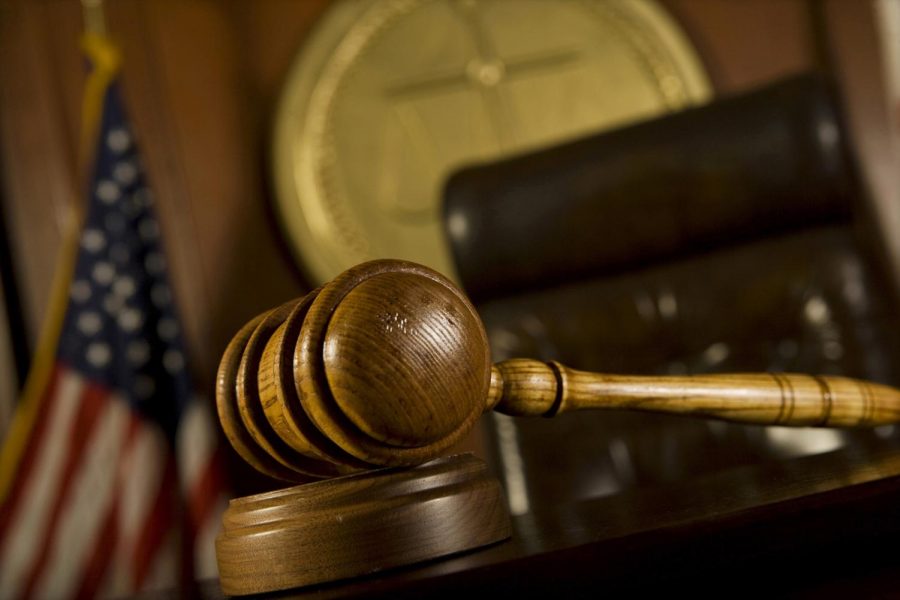Restricting Rights or Reforming Rights
A new bill in Kansas proposes more reforms on reproductive rights.
PHOTO | (Dreamstime/TNS)
Kansas lawmakers are pushing to pass a bill that will likely be voted on by citizens in either August or November in an effort to decrease abortion rights in Kansas.
“It means that Kansans can elect legislators, pro-life legislators, pro-choice legislators, whatever they want, to enact regulations that Kansans want on the abortion industry.” state Rep. Kellie Warren said.
The bill intends to add an extra line to the end of the state bill of rights. The line will contain information stating that abortion is not constitutionally protected and therefore it can be controlled by state legislatures. It will allow legislators to have the ability to regulate abortions. This ability opens up the potential for abortion to become illegal in the state of Kansas. This will include the regulating of abortions when a pregnancy comes from incest or rape, according to an interview from National Public Radio.
“This is a very important issue that all Kansans should be able to get behind and get this constitutional amendment on Kansans ballots,” Warren said. “It lets Kansans vote on what their Kansas constitution says.”
The Kansas House Republicans did not have enough votes for the bill to be on ballots for the August primary. Two-thirds votes were required from the republicans and the end result was 80-43, only 4 votes away from the minimum. For now, the amendment has been sent back to the senate committees. The house will likely see the amendment again for another vote over its placement on the November ballot.
“It’s important for everyone who can vote to vote on this matter and future matters because everyone deserves a say in how their lives will be affected and it gives the best representation on how the population feels as a whole.” junior Mason Lewis said.
Anti-Abortion activists were advocating for the vote to happen in August because it has shown to have a lower amount of people who come to the polls. The August primary is suspected to have a smaller and more skewed electorate that would increase the amendment’s potential to pass, according to the University of Kansas political scientist Patrick Miller. November, which is when it is deemed to occur, because it has shown to have a higher amount of people who have mixed feelings on controversial topics that come to the polls. Most residents in Kansas are known to be “middle-of-the-road-voters”, according to NPR. In 2016, a Fort Hayes survey on abortion opinions showed that 29 percent of people believe abortion should always be allowed, 26 percent believe abortion should never be allowed and 38 percent believe that it should only be allowed in certain situations.
“Everyone should follow the issues,” social studies department chair Jenny Brown-Howerton said. “And then they should vote in a way that best represents their interests.”
Because of the unpredictability of the voting results on the amendment in Kansas, officials can’t be sure on which way this amendment will be received at the polls. For now, the decision in the Kansas House is whether the amendment will be put on the ballot and what time.
“Without the amendment, it changes everything,” Warren said. “Without the amendment, we can’t keep any protections in place to keep Kansas women safe who are seeking an abortion.”
Governor Laura Kelly, Rep. Valdenia Winn, Sen. Molly Baumgardner, and Sen. Dinah Sykes were contacted but did not comment.
As seen in Issue 5 here.



